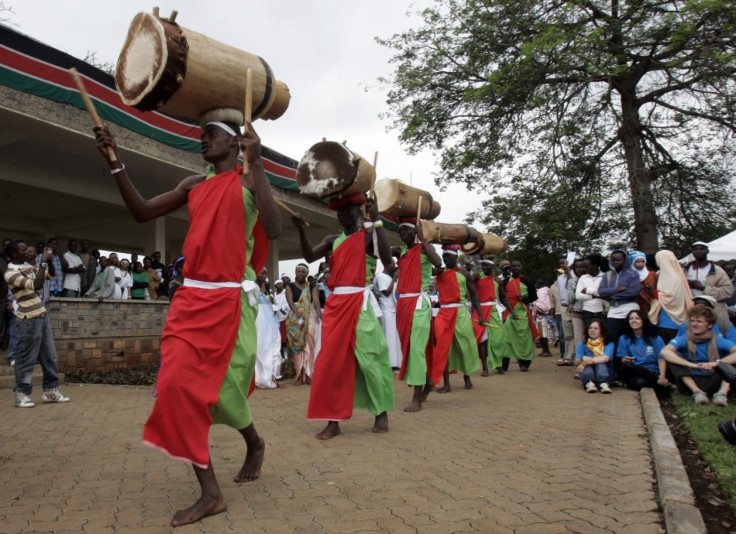Ericsson & Android App reconnect refugees with technology

Ericsson's Refugees United and the United Nations High Commissioner for Refugees (UNHCR) have launched a multi-country campaign to help reconnect separated refugees. The partnership will enable the organizations to reach out to, reconnect, and help refugees and their loves ones across Africa.
The campaign will include the use of Android's apps, which will enable refugees to use sms (text messaging applications), mobile-enabled browsing, and the Android market to find family members and friends.
Refugees United was inspired by the UNHCR's 'do 1 thing' campaign, and decided to use technology as a driving force in support of refugees worldwide.
The program is endorsed by the Clinton Global Initiative and was unveiled last year in New York by Former President, Bill Clinton.
Ericsson hopes to register 120,000 refugees by the end of 2011, and with the launch of the Android app, that number might be attainable. Since the launch of the program in September of 2010, 41,000 refugees have registered.
Elaine Weidman-Grunewald, Vice President, Sustainability and Corporate Responsibility at Ericsson, said that adding more countries through our operator partners and enabling access on multiple platforms will help us to achieve this goal, and help break down the obstacles to the reunification of refugees by using technology for good.
Christopher Mikkelsen, Managing Director, Refugees United, said: In our mission to help refugees searching for loved ones, the mobile phone is the link to the people we're working to help. Coupled with the right information, a simple handheld device becomes a powerful connector in even the remotest of places. This partnership will enable us to reach, and reconnect, countless separated families across Africa.
The initiative will partner with the UNHCR and MTN, one of Africa's largest mobile phone networks. Ericsson will provide the technology, while MTN will host and offer the free service on its networks. The UNHCR is helping in the implementation of the project.
Christian de Faria, MTN Senior Vice President for Commercial and Innovation, said, MTN is in the business of connecting people, and what a way to demonstrate this by leveraging our asset - the network - to advance a worthy cause.
Hans Vestberg, President and CEO of Ericsson stated in a video interview back in September 2010:
Today we launched Refugees United . . . what it's all about is the local refugees are of course looking for their relatives in the refugee camps; they can be there for many, many years. There's not been a solution where they can actually meet each other, but a penetration of mobility of course in these camps is very high.
The solution is based on SMS, very simple, in order to actually match them. Ericsson has actually worked with them to scale that and see that it's actually working.
António Guterres, UN High Commissioner for Refugees, said: Helping refugees locate their loved ones using mobile text messages and mobile internet is one of the many ways in which technology is changing our world and helping people reconnect. Ensuring this is done in a way that respects the privacy and security of individual refugees, UNHCR is proud to participate in this pioneering and highly successful initiative.
A recent UNHCR report estimates that 80 percent of the world's refugees reside in developing countries, with Pakistan, Iran and Syria having the largest refugee populations. The UNHRC estimates that there were more than 43 million refugees worldwide at the end of 2009. In Africa, less than 2 percent of people have access to computers, but 45 percent have access to a mobile phone. Africa is home to 10.5 displace people, totaling 25 percent of the world's refugee total.
Surveys show that more refugees are living in cities, which would provide more opportunity for mobile service.
Refugees United requests that only those who are searching for a lost person should register.
Refugees United & the Clinton Global Initiative, 2010 from Refugees United on Vimeo.
© Copyright IBTimes 2024. All rights reserved.











